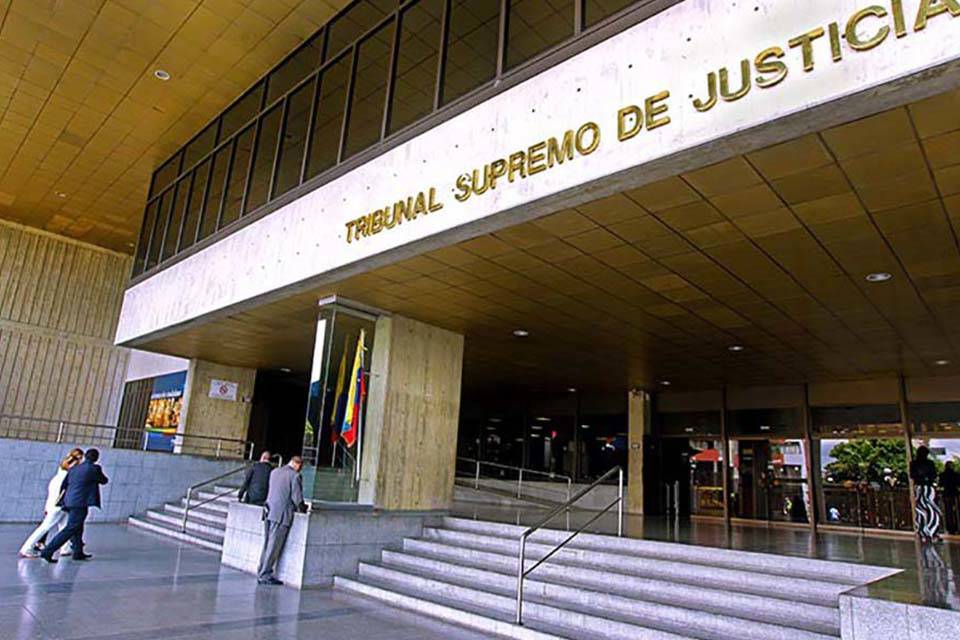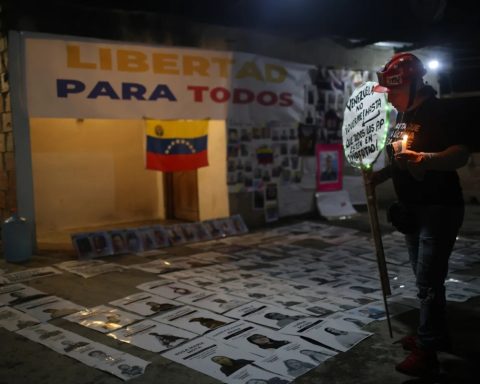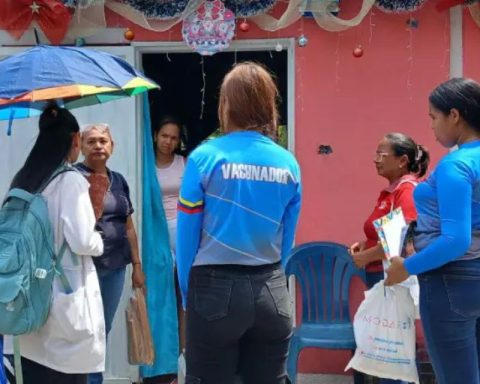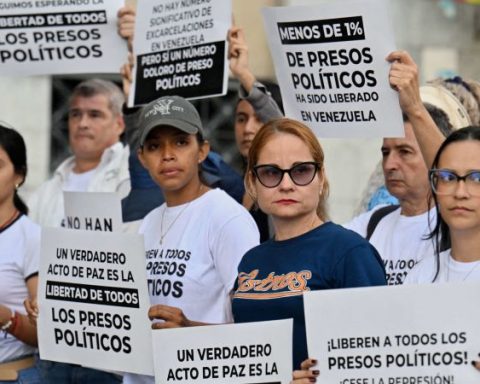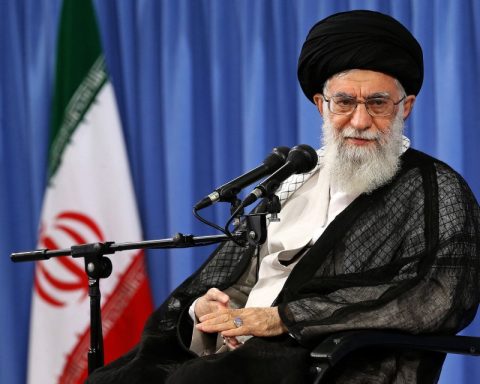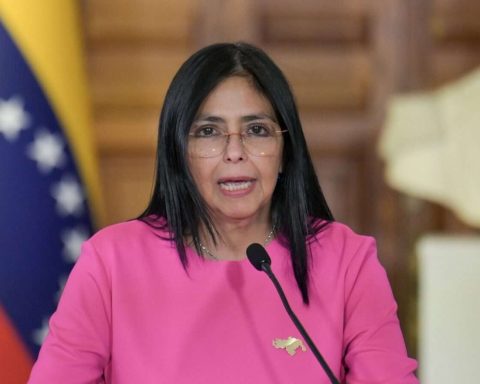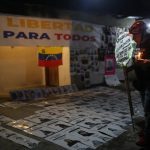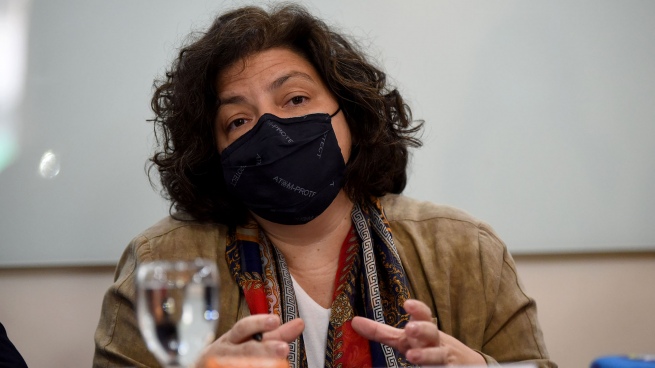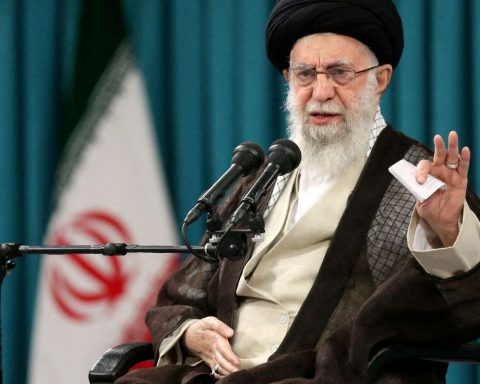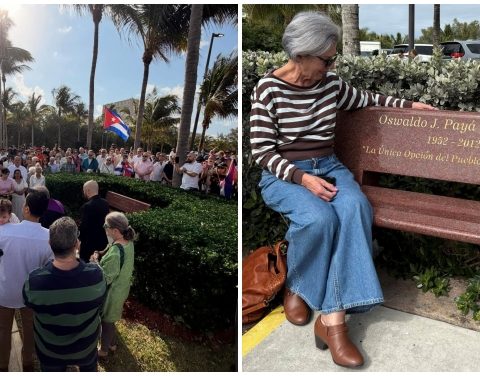Since March 2022, the demonstrations of the Venezuelan unions began to demand the elimination of the mechanism of the Onapre. It has been precisely this pressure from the street that has made the administration of Nicolás Maduro back down on some of the points initially raised.
The Supreme Court of Justice (TSJ) controlled by NicolásMaduo declared inadmissible two appeals for annulment against the instruction of the National Budget Office (Onapre) for considering, again, that it is “non-existent”, despite the fact that it was based on it that the Executive flattened the income of public workers, who have come out to protest to demand its repeal because it violates their labor rights by depriving them of bonuses and other collective benefits.
The sentences that contain the decision were published this Saturday, September 3, when the plaintiffs, the University of Los Andes (ULA) and a group of retirees from the Public Ministry, were also fined “50 times the official exchange rate of the currency with the highest value established by the Central Bank of Venezuela (BCV), for allegedly “taking actions without complying with the budgets required by law.”
With these, there are three appeals against the act of the Onapre mechanism that this judicial entity annuls. The first was about a demand for nullity and precautionary protection also from the University of Los Andes (ULA) dated March 22, 2022which had been provisionally admitted by the Political-Administrative Chamber on July 14, 2022.
Laura Louzadirector of the NGO Acceso a la Justicia, repudiated the fact and commented that the TSJ “did not admit two appeals despite the fact that only three weeks had passed since it admitted them, and their argument is that the act does not exist (…) So the The question is: on what legal basis did the National Executive reduce the income of public employees? I mean, does he TSJ admits that it was a performance of fact (via de facto) and does nothing? Every act of the Public Power must have a legal basis or something that justifies it. If it doesn’t, it’s automatically null.”
After the “disrespect” thesis of the #TSJ In relation to the National Assembly, elected in December 2015 and with an opposition majority, we thought that there could be no worse, now that of the “non-existent act” of the Onapre, shows us that we were wrong: the TSJ can get worse
— Laura Louza (@lauralouzas) September 3, 2022
“The most serious thing is that this action in fact violates collective agreements and the Constitution itself, among other reasons, because it worsens the situation of public employees and even so the TSJ it washes its hands and leaves public employees defenseless,” the human rights defender added on Twitter.
Since March 2022, the protests of the Venezuelan unions began to demand the repeal of the Onapre instructions. This street pressure has made the administration of Nicolás Maduro go back on some of its initially raised points, among them the payment of a vacation bonus for teachers in installments, which had to be changed and made partially.
The achievements of these demonstrations — mostly led by the education and health sector, although the Onapre mechanism affects all public workers equally— they reside in that they are of character merely labor and not political. However, before so many complaints, the administration of Nicolás Maduro continues to look the other way and now, through the TSJ that it controls, continues
Post Views:
321
